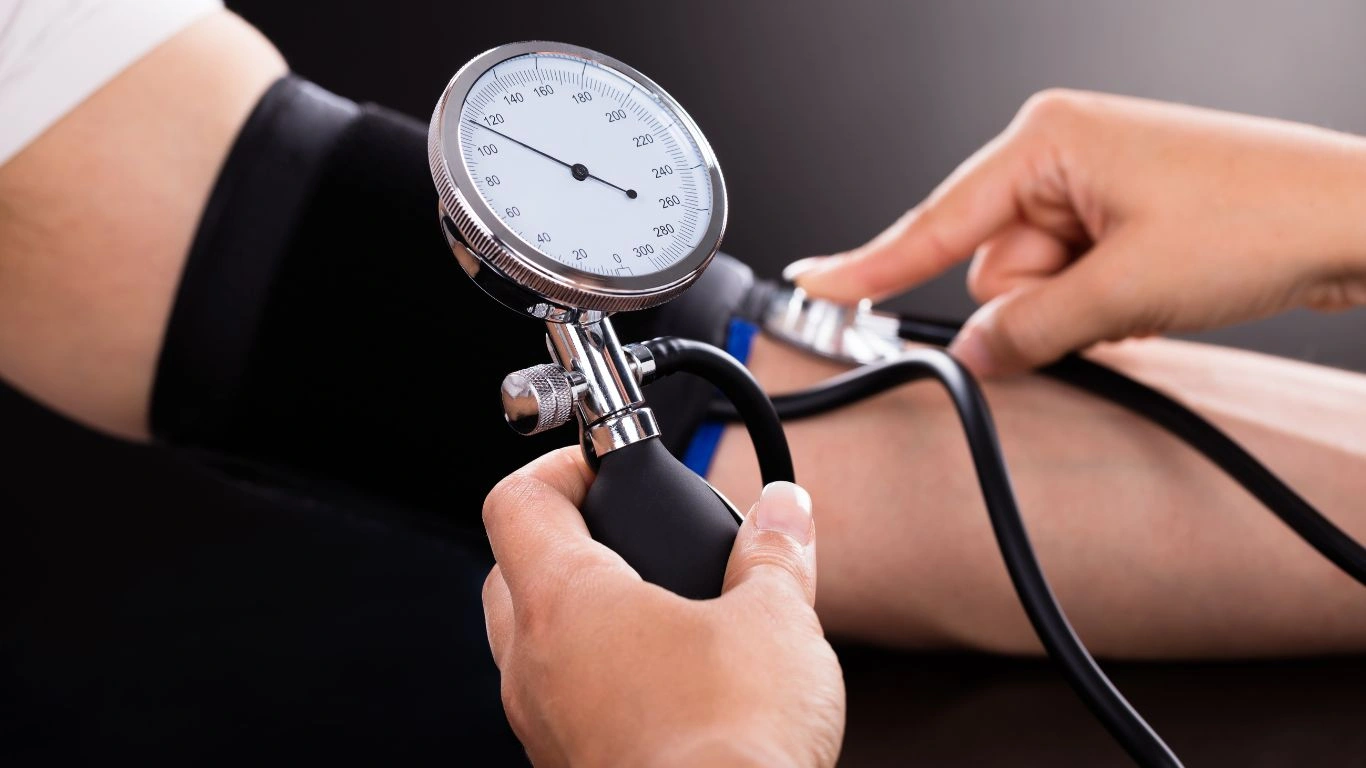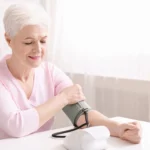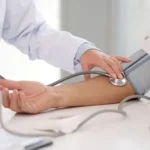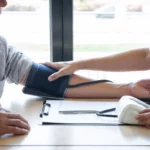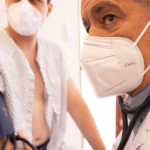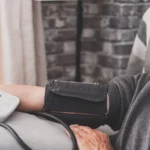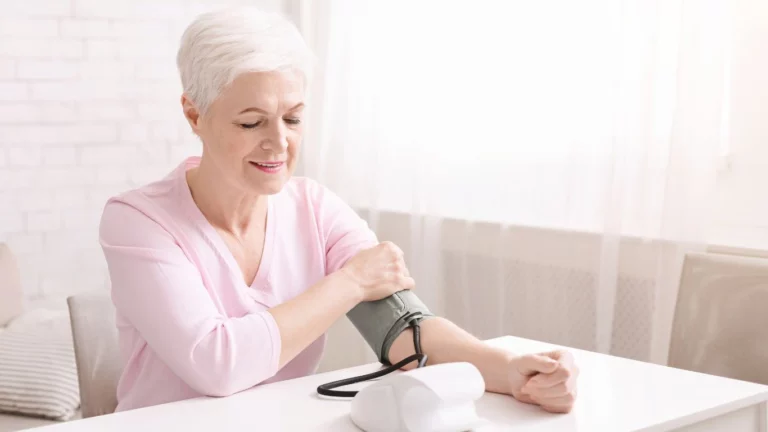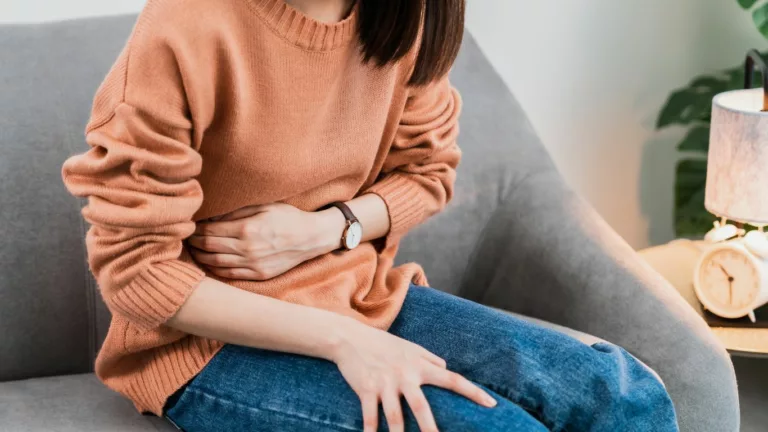Hypertension and Its Impact on Your Eyes: A Deep Dive
Did you know that high blood pressure can mess with more than just your heart? It can seriously impact your eyes too. Let’s break it down and talk about how hypertension could be affecting your vision.

Why Hypertension Is More Than Just a Heart Problem
When you think about high blood pressure (a.k.a. hypertension), your first thought might be about heart attacks or strokes. But here’s the thing: hypertension doesn’t stop there—it can also damage the delicate blood vessels in your eyes. And that’s a big deal because, well, we kind of need our eyes to see. High blood pressure puts extra strain on blood vessels throughout your body, including those in your eyes. Over time, this can lead to a condition called hypertensive retinopathy, which can mess with your vision in ways you might not even notice at first.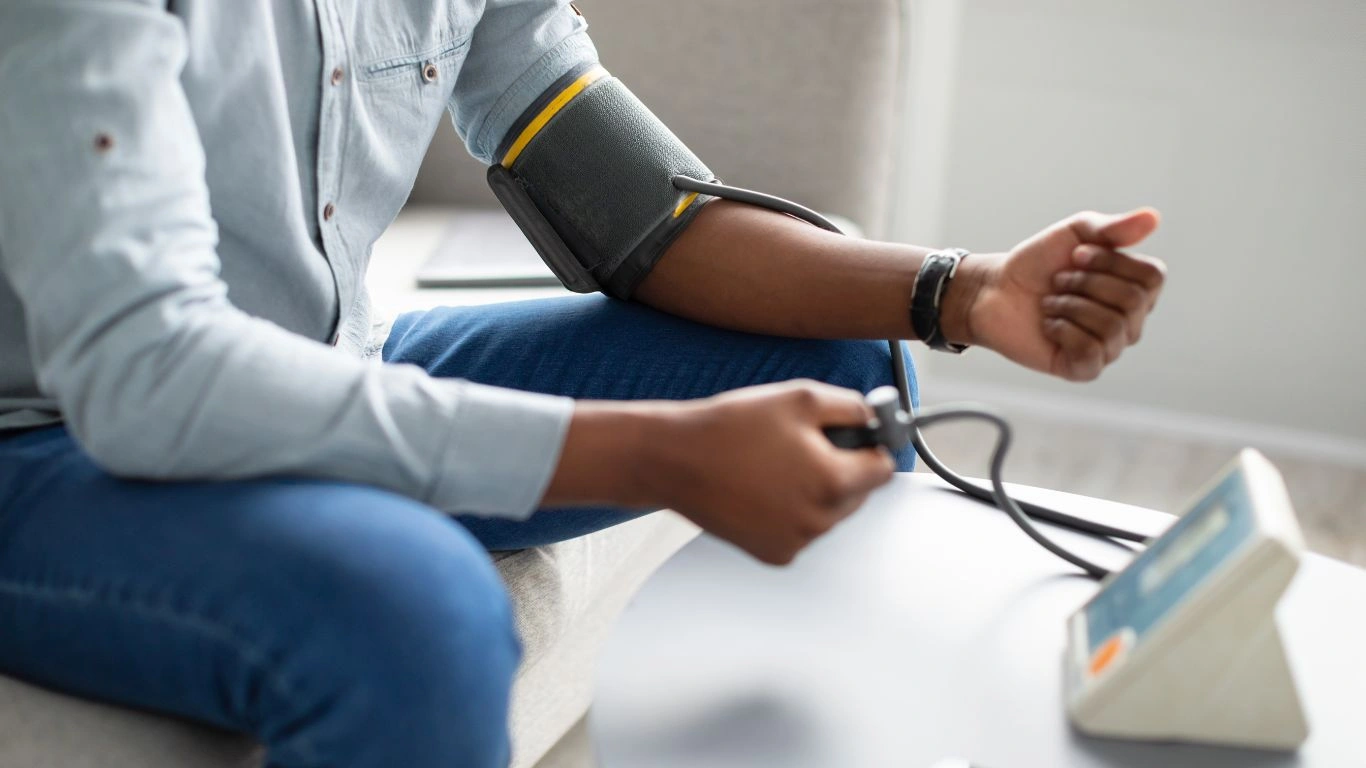
How Does Hypertension Affect Your Eyes?
Hypertension can cause a few specific issues with your eyes. Let’s break it down:
1. Hypertensive Retinopathy
This is the big one. Hypertensive retinopathy happens when high blood pressure damages the retina’s blood vessels. The retina is the part of your eye that processes light, so damage here can mess with your vision. Early signs include:
- Blurry vision
- Headaches
- Vision loss (in severe cases)
2. Choroidopathy
This one’s less common but still serious. It happens when high blood pressure causes fluid to build up under the retina, leading to distorted vision or even scarring.
3. Optic Neuropathy
If hypertension cuts off blood flow to your optic nerve, it can cause serious damage. Think of it as a mini-stroke in your eye. Symptoms include sudden vision loss or blind spots.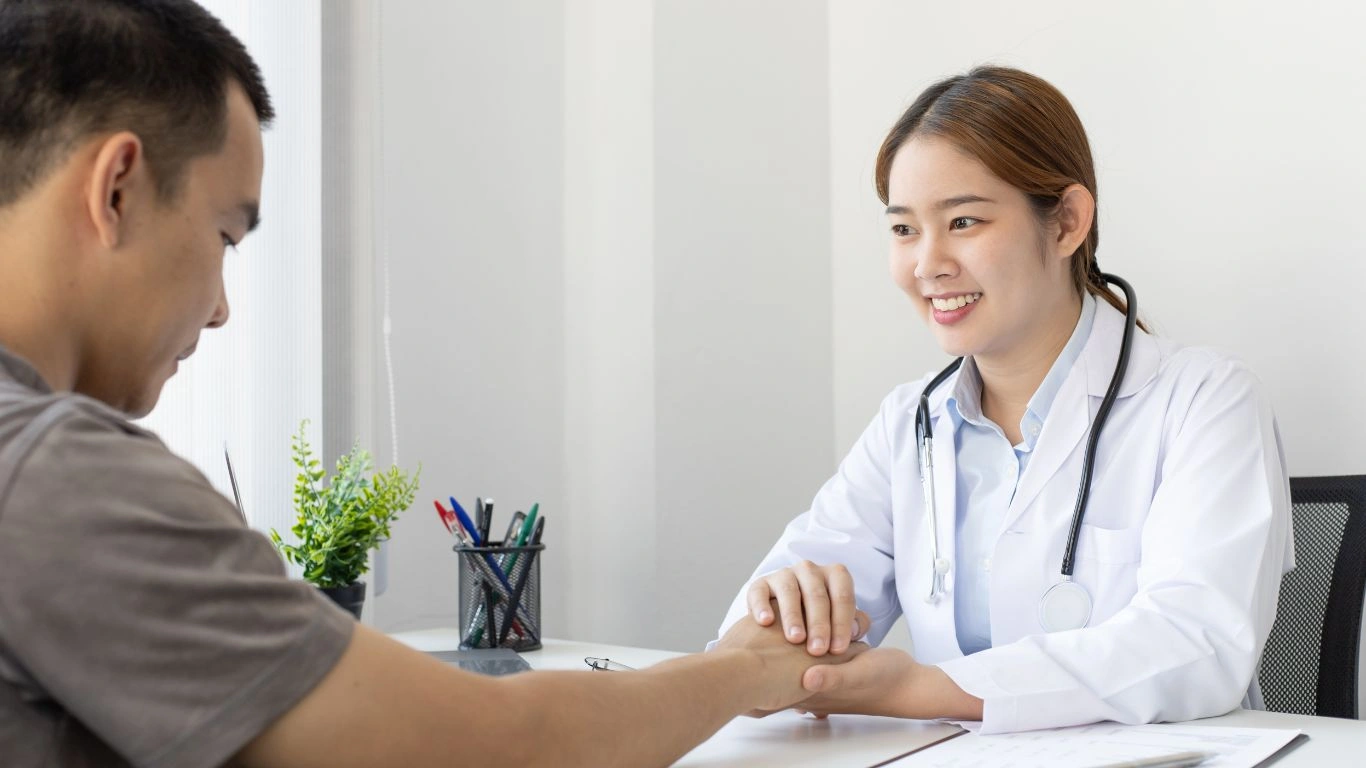
Early Warning Signs to Watch For
Here’s the thing: eye damage from hypertension can sneak up on you because it often doesn’t have early symptoms. That’s why regular eye checkups are so important, especially if you already know your blood pressure runs high. Look out for signs like:
- Sudden vision changes
- Headaches that won’t go away
- Eye pain or discomfort
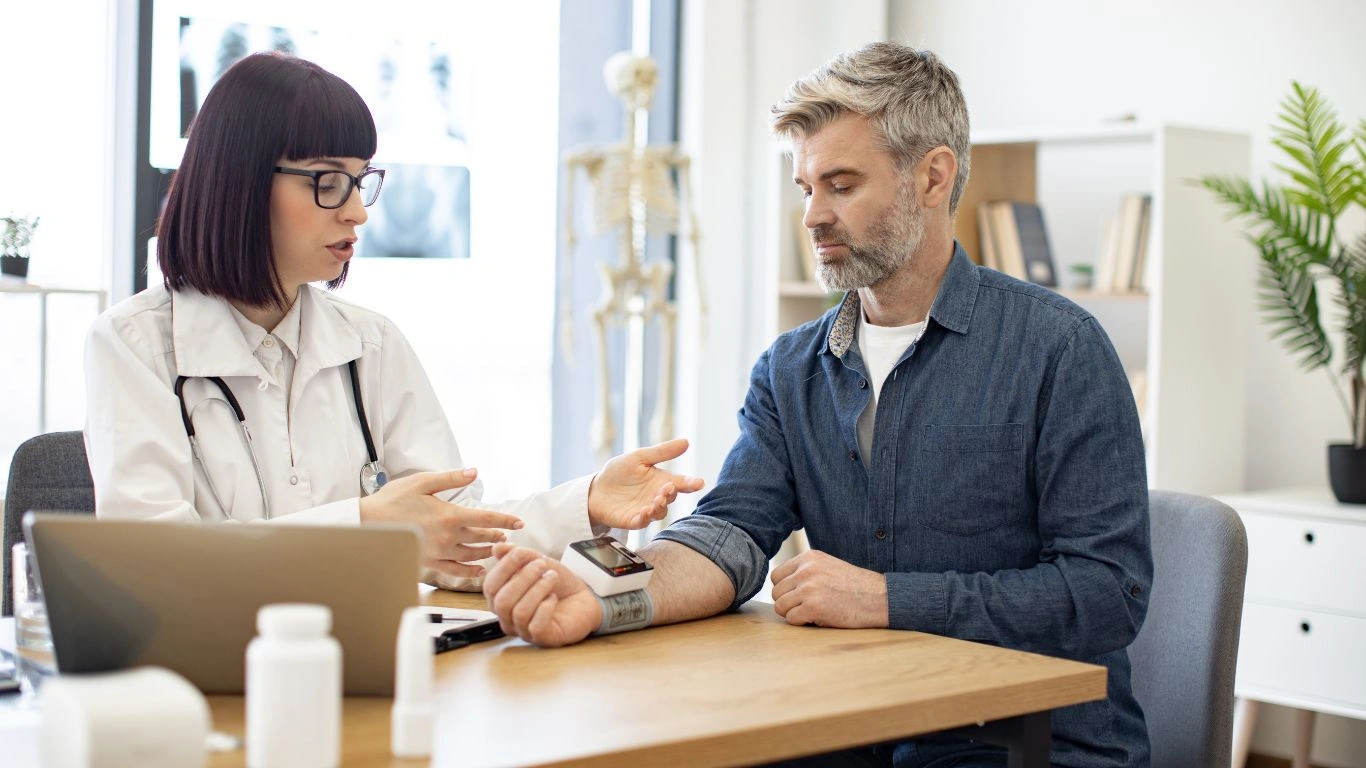
Prevention: What You Can Do
The good news? You’ve got options. Here’s how to protect your eyes if you’re dealing with high blood pressure:
1. Keep Your Blood Pressure in Check
This is the most important step. Talk to your doctor, take your meds if prescribed, and try to keep your blood pressure within a healthy range.
2. Eat for Your Eyes
Foods rich in antioxidants, like leafy greens, carrots, and citrus fruits, can help keep your eyes healthy. Bonus: they’re good for your heart too!
3. Quit Smoking
Smoking can make hypertension worse and damage your blood vessels even more. If you’re looking for a reason to quit, protecting your vision is a pretty solid one.
4. Get Regular Eye Exams
Even if your vision seems fine, an eye doctor can spot early signs of hypertensive damage. Think of it as a check-up for your eyes.
FAQs
- Can high blood pressure cause permanent vision loss?Yes, if left untreated, hypertension can lead to conditions like hypertensive retinopathy or optic neuropathy, which can result in permanent vision loss.
- How often should I get my eyes checked if I have high blood pressure?At least once a year, but more frequently if your doctor recommends it.
- Are there any specific foods to avoid to protect my eyes?Avoiding salty foods is key since excess salt can worsen high blood pressure, indirectly affecting your eyes.
- Can hypertension-related eye damage be reversed?It depends. Early-stage damage might improve if blood pressure is controlled, but advanced damage is often permanent.
- Is blurry vision a sign of high blood pressure?It can be. Blurry vision is a common symptom of hypertensive retinopathy, so it’s worth getting checked out if you notice changes in your sight.
References
- American Heart Association (2023). Managing Hypertension: The Impact on Eye Health. Read Article
- National Eye Institute (2024). Eye Conditions Related to High Blood Pressure. Read Article
- Smith, J. (2022). Hypertension and Vision: A Silent Threat. Journal of Ophthalmic Health, 12(3), 45-60.
Disclaimer: The information in this article is for educational purposes only and should not replace professional medical advice. Always consult with your doctor or ophthalmologist for personalized care and guidance.
